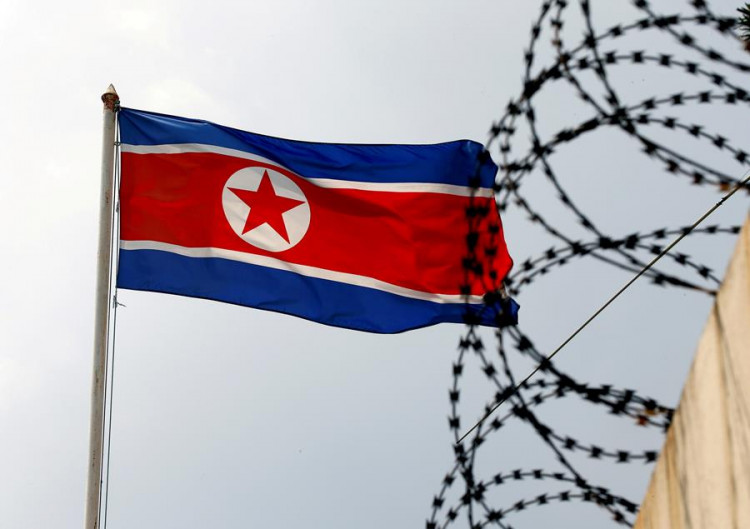South Korea has decided to partially suspend the inter-Korean military agreement with North Korea, originally signed in 2018. This move, announced on Wednesday, is a direct response to North Korea's latest launch of a military reconnaissance satellite.
South Korea's Defense Ministry confirmed that aerial reconnaissance and surveillance operations in the demilitarized zone would resume at 3 p.m., effectively breaching the agreement that prohibited flights in airspace above the military demarcation line.
Prime Minister Han Duck Soo explained that suspending a portion of the accord is crucial for enhancing South Korea's military capabilities, particularly in response to the North's satellite launch and for identifying potential targets. The launch in question marks North Korea's third satellite attempt this year, following previous failures in May and August. South Korean President Yoon Suk Yeol, currently visiting Britain, approved the proposal after its endorsement in a Cabinet meeting led by Han.
This latest North Korean satellite launch was perceived as a blatant disregard for the Sept. 19 Military Agreement, aimed at reducing military tensions and building trust on the Korean Peninsula. The agreement, signed by Moon Jae In, Yoon's predecessor, and North Korean leader Kim Jong Un, had been a cornerstone of inter-Korean relations.
Adding to the heightened military activities, South Korea is reportedly coordinating with the United States and Japan for a joint maritime drill. This exercise, likely occurring on Sunday and involving the U.S. nuclear-powered aircraft carrier Carl Vinson, is a direct response to North Korea's actions. The drill will also see the participation of the Japan Maritime Self-Defense Force, with a bilateral naval drill between South Korea and the United States scheduled for Saturday.
In contrast to these developments, China's foreign ministry emphasized the importance of maintaining peace and stability on the Korean Peninsula. Spokesperson Mao Ning, addressing a media briefing, acknowledged North Korea's satellite launch and the reactions of various countries. She stressed the necessity for all concerned parties to remain calm, exercise restraint, and engage in meaningful dialogue. According to Mao, China is committed to playing a constructive role in resolving the Peninsula issue politically.
This series of events underscores the delicate balance of power and diplomacy in the Korean Peninsula. While South Korea's suspension of part of the military agreement marks a significant shift in its approach to North Korea, the involvement of major powers like the United States and China indicates a broader regional impact. As military maneuvers and diplomatic efforts continue, the Korean Peninsula remains a focal point of international attention.




